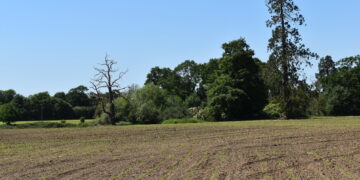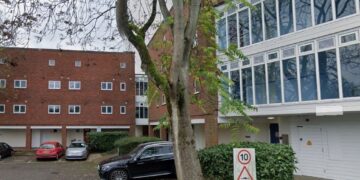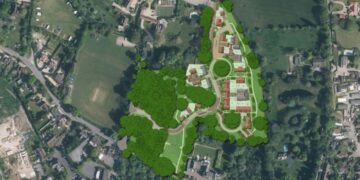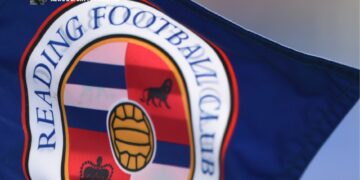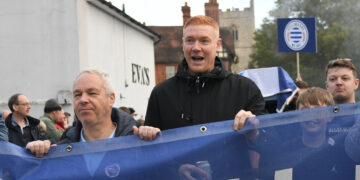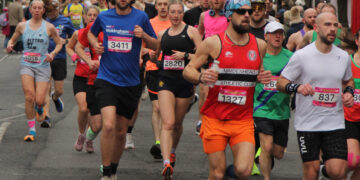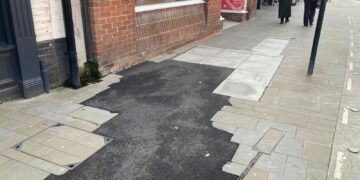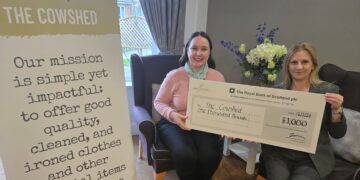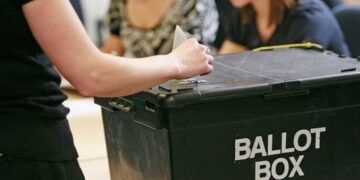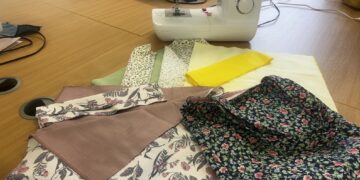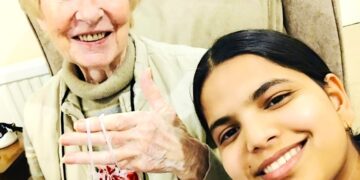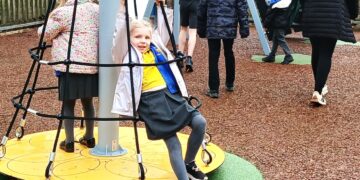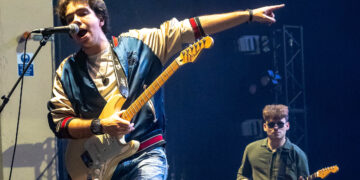CHERRY EYE is a disorder in which a tear gland that is normally positioned at the base of the third eyelid protrudes and swells, appearing as a lump in the inner corner of the eye.

Other terms for cherry eye include prolapse of the gland of the third eyelid or prolapsed nictitans gland.
Cherry eye is seen primarily in dogs, and rarely in cats. Cherry eye can affect any dog, but some breeds are more susceptible, including the Beagle, Boston Terrier, Bulldog, Cocker Spaniel, Lhasa Apso, Poodle, Shih-Tzu, and Shar-Pei.
Brachycephalic dogs with short, flat faces and large breeds generally seem more susceptible. Cherry eye is usually seen in young dogs. Susceptibility to cherry eye may be inherited.
In rare cases cherry eye may occur as a result of a tumour of the tear gland requiring resection of the third eyelid, but in most cases it is a simple prolapse of the gland.
While cherry eye is not thought to be painful, the exposed tear gland may become increasingly irritated and inflamed if left exposed for too long.
Don’t delay making an appointment with your vet if your dog has signs of cherry eye – a large pink mass noted at the inner margin of the eye in one or both eyes. The recommended treatment is surgery to return the gland to its proper position and stitch it in place.
Removal of the gland should be avoided, as the gland makes a significant contribution to tear production, and its removal increases susceptibility to dry eye (which can have serious consequences). Medication alone is not considered an effective treatment for cherry eye.
The surgery involves creating a pocket to suture the gland back into place and careful post op care to ensure healing and no damage to the cornea.
There may be some swelling of the third eyelid for a week or so after surgery. Eye drops or ointment are normally prescribed to help with swelling and prevent infection.
An Elizabethan collar (the big plastic cone over the head) will be necessary if your dog tries to rub the affected eye after surgery.

Michael Morrow owns and runs St Vincents Veterinary Surgery, a family-owned practice providing personal care for all your pets in and around Wokingham. For more information visit http://www.stvincentsvets.co.uk or call us on 0118 979 3200.

